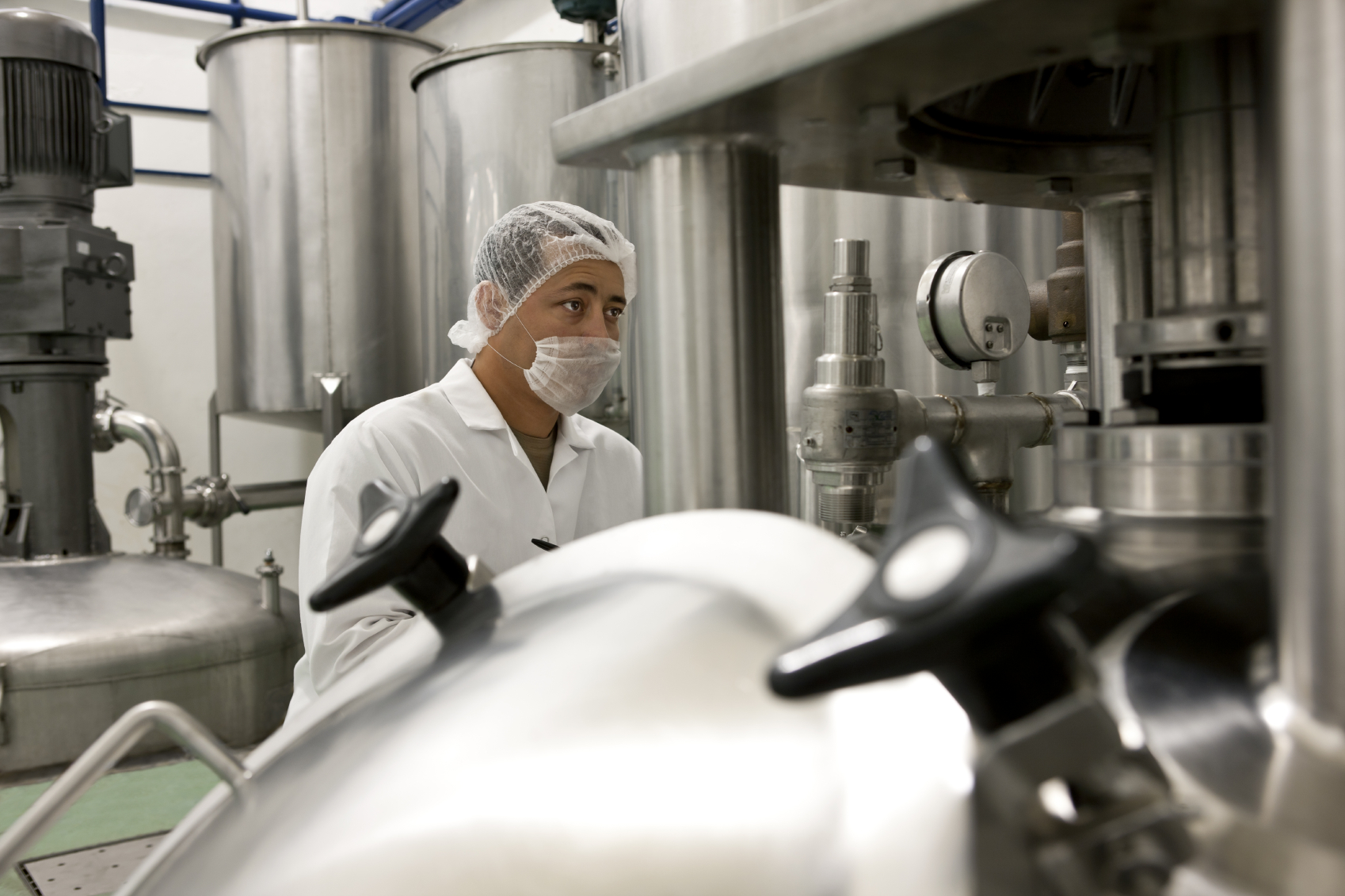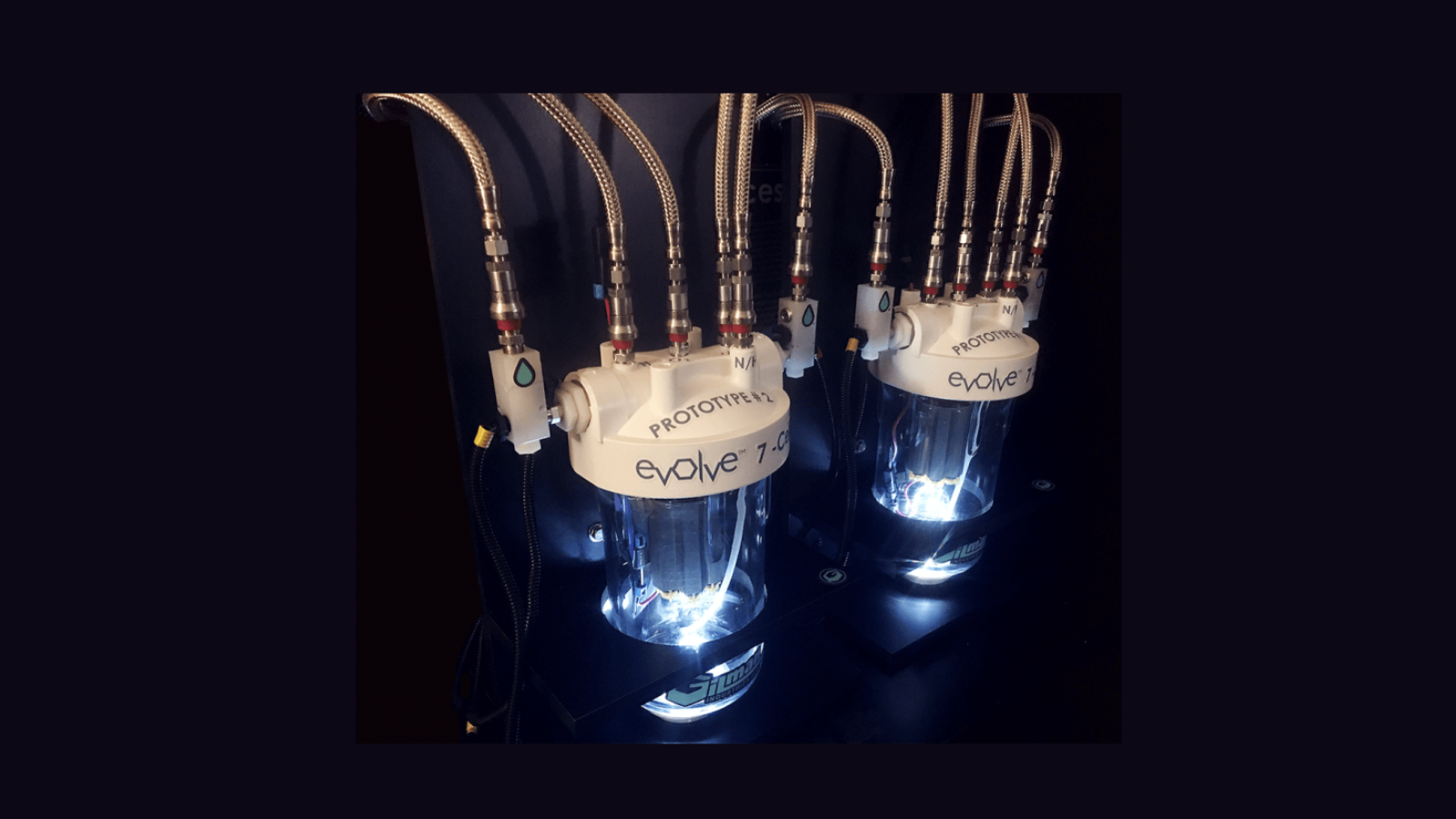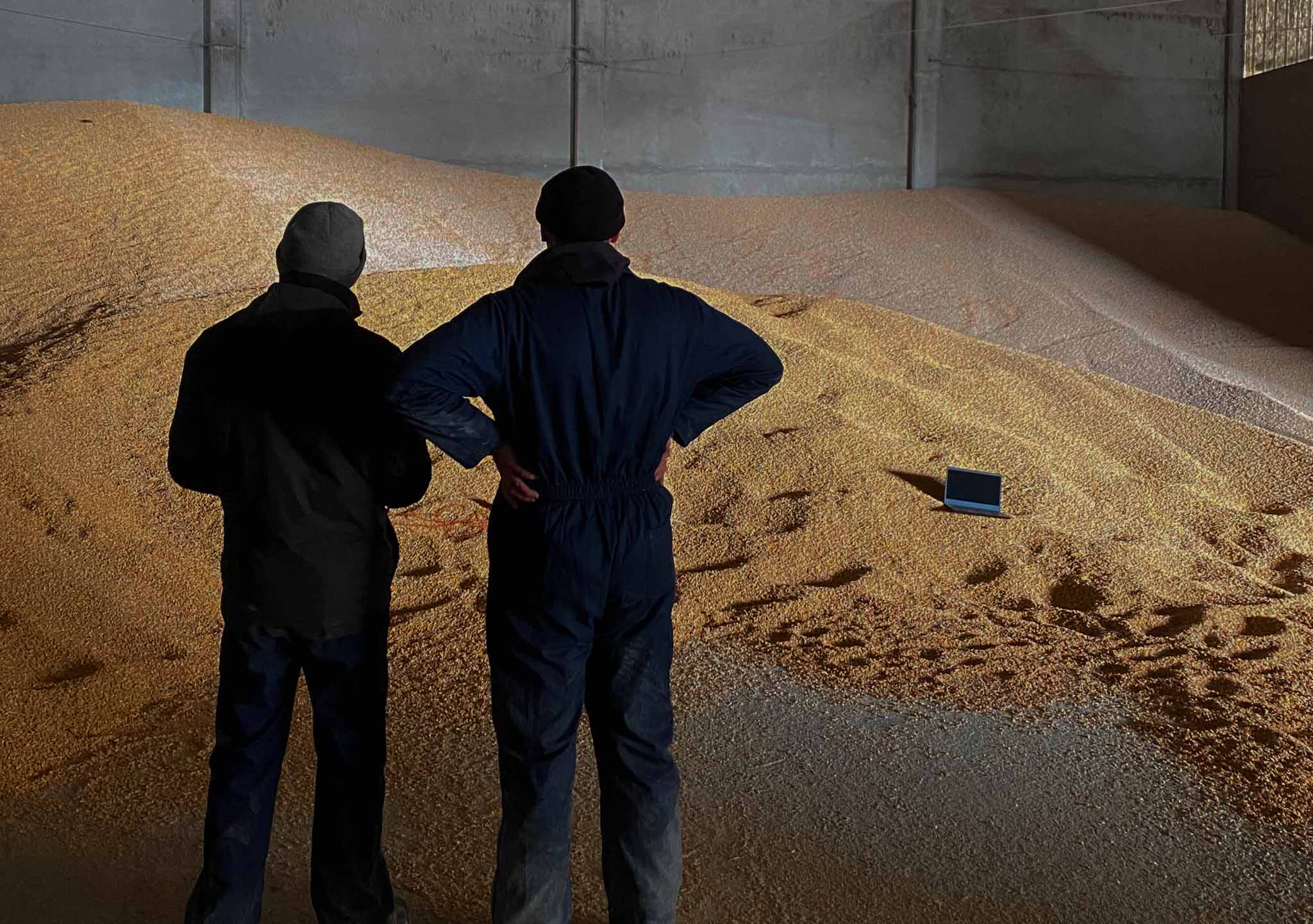Case Study
Resource Efficiency Industry Advisory Group for Food & Drink

Partners
Edinburgh Napier University
The James Hutton Institute
University of Aberdeen
University of Edinburgh
Sectors
Energy
Food & Drink, Agritech and Aquaculture
Background
Interface has a strong track record of successfully matching businesses to academics with an overall aim of enabling companies to be more competitive in national or global markets. Innovation can lead to transformation within an industry sector, not only for individual businesses but also for groups of businesses working together to address common challenges.
Many economic reviews, testimonies and new and existing interactions demonstrated that facilitating opportunities for academics to work with groups of companies is an effective way of increasing the impact and reach of innovation on the Scottish economy.
Introduction
The Resource Efficiency Industry Advisory Group for Food & Drink (REIAG) was set up in 2012 as a result of a partnership between Interface Food & Drink, Zero Waste Scotland and the Food and Drink Federation (FDF) Scotland. The aim was to raise awareness and promote opportunities related to environmental sustainability and to stimulate innovation in the food and drink industry.
The membership comprises of 25 prominent Scottish food manufacturers of all sizes and food types, from bakers to brewers and fish processors to fruit growers. The group has a flexible structure where members attend meetings and participate in collaborative projects with academic partners depending on the theme and its relevance to their own business challenges.
Challenge
The Scottish Government’s new Circular Economy Strategy has set ambitious goals such as the new food waste reduction target. There is a need to change the way things are currently done from developing new processes to changing the culture of the workforce, so innovation is key in meeting these targets. Measures to reduce and reuse energy and waste support companies to improve efficiencies in a sector where in general, prices are remaining competitive but costs are rising. The sector has become increasingly competitive but can’t just rely on developing new products and markets to flourish and achieve the ambitious target of £30bn in revenue for the Scottish food and drink industry by 2030.
Solution
The aim of the REIAG is to drive activities which will improve the environmental sustainability of the businesses and the wider industry. This is achieved through delivering innovation projects with academia, learning journeys and by providing a forum for direct interaction between businesses and experts to share best practices in issues such as waste, water and energy efficiency. Companies with a common purpose are encouraged to collaborate around innovation and can gain easy access to academic and business expertise in a nurturing and supportive environment.
Key outcome
A selection of impactful projects are listed below which have de-risked early stage concepts, providing independent evidence of new ways to enhance the sustainability of the Scottish Food and Drink Industry.
Bacterial removal from recycled water – Shellfish Processors
This project was led by the Scottish Shellfish Marketing Group who collaborated with the University of Edinburgh and the James Hutton Institute to carry out research into the effectiveness of UV lighting to kill bacteria in the wash process and by doing so to increase the number of times the water can be recycled. This has led to a further project using UV and filtration techniques to further enhance the water treatment system.
Heat recovery
This feasibility project was carried out with one of the large companies in the group and Edinburgh Napier University to recycle heat required in the drying process. By deploying the outputs of the project in house, savings of £600,000 a year are forecasted. In addition, the results were disseminated to the other members of the group to explore the viability and application for their own business.
Bio-treatability of food industry effluents
This project was a collaboration with the University of Aberdeen on bio-treatability of waste effluent with six of the companies providing quantitative data and a deeper understanding of what their waste could generate in value whether through anaerobic digestion or other processes. This led to the Scottish Salmon Company winning an Interface Food & Drink competition to undertake more in-depth work with the University assessing viability and return on investment for converting their waste effluent into energy and by-products. The company now have the data to make a commercial decision on investing and integrating the processes across their Scottish operations, which has saved them considerable resource, both staff and financial.
Business benefits
By working together, groups of companies can share best practice, partner on projects of scale with a broad range of academics and industry experts and access funding that encourages new ways of collaborating.
Les McArthur, Operations Director at Dean’s of Huntly commented:
The group provides an excellent platform to work together, sharing knowledge and experiences which, along with technical expertise brought in by the organisers, allows us to develop and implement new sustainability measures in our businesses and saves us time and money. These measures range from high to very low cost so there is something for every type of business. The merit of being able to meet with your peers is also invaluable as we can discuss and collectively solve issues. Many of the topics covered can then be supported by onsite surveys meaning that only some time needs to be invested to establish if a particular topic can save your business money whilst also becoming more sustainable.
Academic benefits
The benefits for academia gained are also significant, including establishing new areas for research and knowledge exchange, collaboration with other academics across other disciplines and institutions and greater visibility of academia to industry.
Professor John Currie, Director of the Scottish Energy Centre at Edinburgh Napier University added:
“Edinburgh Napier University and the Scottish Energy Centre have benefited enormously from our involvement in groups such as the Resource Efficiency Industry Advisory Group and the Scottish Craft Distillers Association. Through Interface, they have provided us with the opportunity to work in collaboration with a variety of companies and bring academic thinking to real-life industry challenges.”


